The Spring 2021 edition of the Lebanon Economic Monitor (LEM) titled "Lebanon's Trainwreck (Top 3 Worst Global Crises)" presents the country's recent economic developments and examines its economic outlook and potential risks.
For more than a year and a half, Lebanon has been beset by a multitude of problems: its largest peacetime economic and financial crisis, the COVID-19 and the explosion of Beirut port.
As LEM noted in its issue of The Deliberate Depression (LEM – Fall 2020), the Lebanese authorities’ responses to these challenges have been extremely inadequate.
This inadequacy is due less to a lack of knowledge or misguided actions than to the absence of a political consensus on effective public measures and a political consensus to preserve a failed economic system that has benefited a few for a very long time.
Its history of long civil war and conflict (Lebanon is classified by the World Bank as a state affected by fragility, conflict, and violence) has led to growing fears of social unrest. The increasingly difficult socio-economic situation threatens to lead to a systemic state failure with regional and even global repercussions.
GDP per capita falls by 40
According to World Bank estimates, real GDP deviated by 20.3 percent in 2020, following a 6.7 percent contraction in 2019. Indeed, Lebanon’s GDP fell from nearly $55 billion in 2018 to about $33 billion in 2020, while GDP per capita fell by 40 percent. Such a sharp contraction is usually seen in times of conflict or war.
Monetary and financial conditions remain extremely volatile; amidst a plurality of exchange rates, the average World Bank exchange rate depreciated by about 129 percent in 2020. The effects on prices have been reflected in soaring inflation averaging 84.3 percent in 2020.
In this extraordinarily uncertain environment, real GDP is expected to fall by a further 9.5 percent in 2021.
“Lebanon is facing a dangerous depletion of its resources, especially its human capital. The highly skilled workforce is increasingly likely to seize opportunities abroad, which represents an irreparable social and economic loss for the country,” said Saroj Kumar Jha, the World Bank’s regional director for the Middle East.
“Only a reform-oriented government committed to a credible economic and financial recovery path while working closely with all stakeholders can prevent Lebanon from sinking further and avoid further fragmentation of the country.
More than half of the population lives below the poverty line
The burden of the ongoing adjustment or deleveraging process in the financial sector is highly regressive and concentrated on small depositors, the bulk of the working population, and small businesses.
More than half of the population is likely to be living below the national poverty line with the majority of the working population paid in Lebanese pounds suffering from the steep fall in purchasing power.
With unemployment rates rising, a growing number of households are struggling to access essential services, including health care.
In its “Special Focus” section, the Spring 2021 LEM highlights two hotly debated economic measures with potentially significant social impacts.
– The first special focus looks at exchange rate subsidies for vital and essential imports, which pose significant political and social challenges, and further suggests when and how to eliminate these subsidies. The current exchange rate subsidy scheme is distorting, costly, and regressive.
Eliminating it and replacing it with a more effective and efficient pro-poor program would improve the balance of payments (thereby significantly extending the “shelf life” of the BDL’s remaining reserves) while helping to minimize the impact on the Lebanese poor.
However, these solutions would remain temporary and suboptimal. Only a comprehensive and credible macroeconomic stabilization strategy would prevent the country from fully depleting its reserves and being forced into a disorderly and highly disruptive exchange rate adjustment.
– LEM’s second special focus is on the effects of the crisis on four essential public services: electricity, water supply, sanitation and education. The “Deliberate Depression” has severely undermined already weak public services in two ways: it has dramatically increased poverty rates, with more households unable to afford alternative private services and therefore more reliant on public services; and it has jeopardized the financial viability as well as the basic functioning of the sector by increasing costs and decreasing revenues.
The provision of basic public services is essential to the well-being of the population. The abrupt deterioration of basic services would have lasting repercussions, such as mass migration, learning losses, poor health outcomes, lack of adequate social protection, etc. Permanent damage to human capital is difficult to reverse. It is perhaps this particular aspect of the Lebanese crisis that sets it apart from other global crises.
Source: World Bank



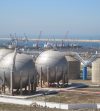

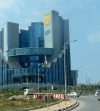


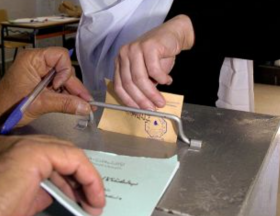
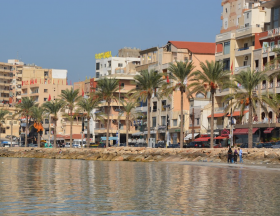
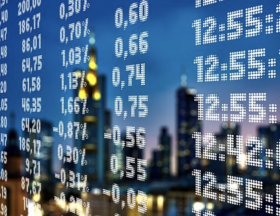
Réagissez à cet article